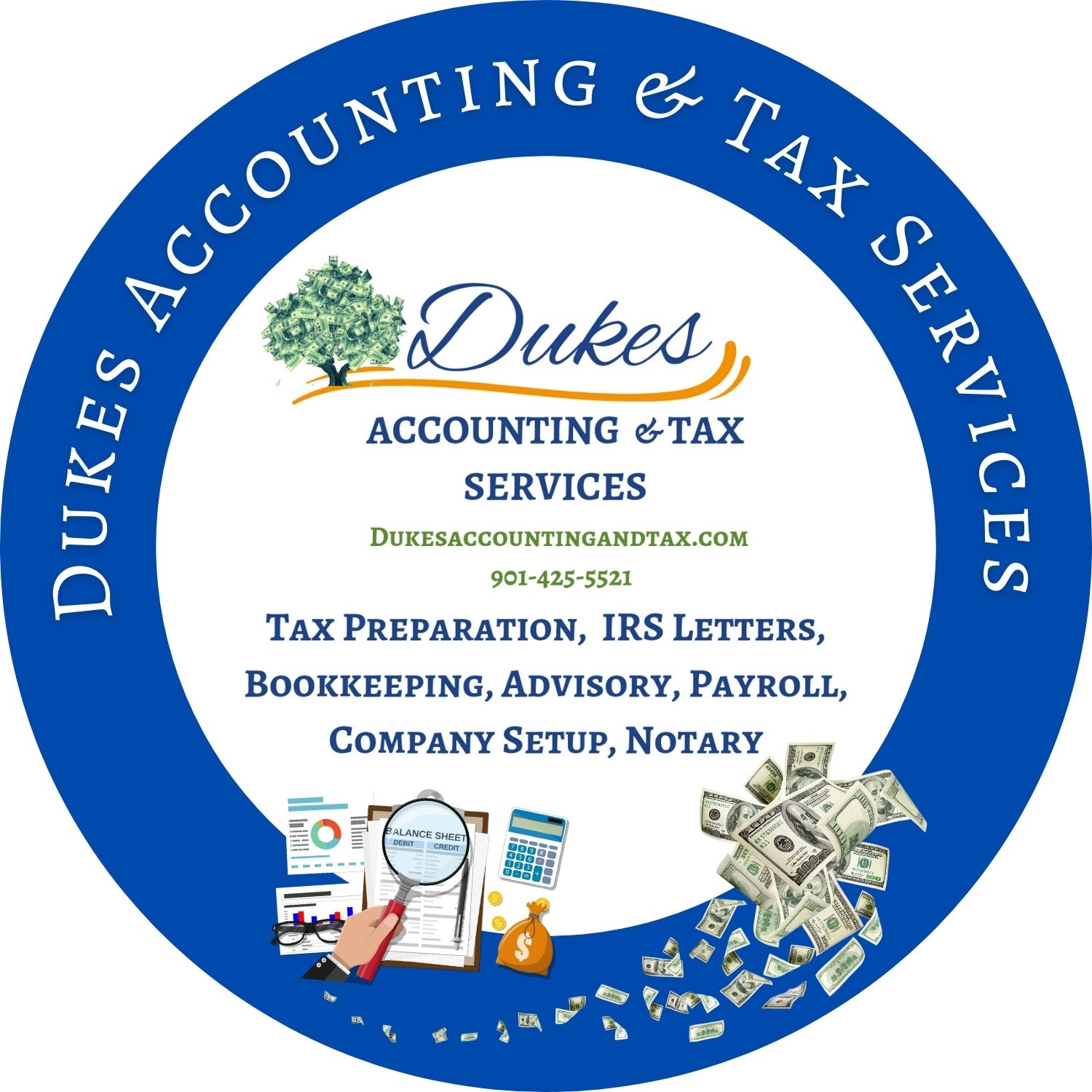5 Common Tax Deductions to Maximize Your Refund
- Dukes Accounting & Tax Services

- Jan 7, 2025
- 3 min read
Tax season can be daunting, but understanding tax deductions can help you keep more of your hard-earned money. Many taxpayers miss out on valuable deductions, which can significantly lower their tax bills and raise their refunds. In this post, we will highlight five common tax deductions you might not know about, providing practical examples to help you maximize your return.

1. Medical and Dental Expenses
Medical and dental expenses can quickly add up. You may be able to deduct a portion of these costs on your tax return. If your total medical expenses surpass 7.5% of your adjusted gross income (AGI), you can deduct the amount that exceeds this threshold. This includes expenses like:
Hospital visits: A visit that costs $5,000 would mean you can only deduct the amount over your AGI limit.
Surgery and prescriptions: For instance, if you paid $1,200 for medications, you could potentially include that amount in your deduction.
Remember to keep detailed records and receipts of all medical expenses throughout the year, as only unreimbursed expenses qualify for deduction.

2. State and Local Taxes
Many taxpayers do not realize they can deduct state and local taxes paid during the year. This includes:
Income taxes: If you paid $4,000 in state income taxes, you can include this in your deductions.
Sales taxes: If you opted to track sales tax, say you spent $2,500 on taxable purchases throughout the year, you can also consider this amount.
It's crucial to choose between deducting income or sales tax based on what offers you the bigger tax break. Note that the deduction is capped at $10,000 for single filers and married couples filing jointly, so it pays to keep accurate records.
3. Student Loan Interest
For those with student loans, you can deduct up to $2,500 of the interest paid each year. This is an "above-the-line" deduction, meaning you do not need to itemize to benefit from it.
To qualify for this deduction, your modified adjusted gross income (MAGI) must be below certain limits. For 2023, the phase-out begins at a MAGI of $70,000 for single filers and $140,000 for married couples filing jointly. Keeping track of how much interest you pay on your student loans can help ensure you take full advantage of this benefit.

4. Charitable Contributions
When you donate to a qualified charity, not only do you help a cause you care about, but you might also reduce your tax burden. You can deduct contributions if you itemize your deductions. This can include:
Cash donations: If you donated $500 to a charity, you can deduct that amount.
Goods: Donating clothes or household items can also yield deductions based on their fair market value.
Be sure to keep receipts for everything you donate, as documentation is essential if the IRS questions your deductions. While you cannot deduct the value of your time spent volunteering, you may deduct certain out-of-pocket expenses incurred during your volunteer work.
5. Home Office Deduction
With more people working from home, many qualify for a home office deduction. If you use part of your home solely for business, you can deduct related expenses, such as:
A portion of rent or mortgage interest: If your home office is 10% of your home and you pay $1,500 in rent, you can deduct $150 of that expense.
Utilities and home insurance: Track these expenses carefully as they can also be partially deductible.
To qualify, you must strictly use the space for business and meet IRS requirements. You can also opt for a simplified method that allows you to deduct a standard rate per square foot.
Final Thoughts on Tax Deductions
Understanding and maximizing your tax deductions is a key step in reducing your overall tax bill and increasing your refund. By recognizing and utilizing these common deductions—medical and dental expenses, state and local taxes, student loan interest, charitable contributions, and the home office deduction—you can retain more of your hard-earned income.
Before you file your taxes, stay organized and consult a tax professional if you're unsure about any deductions. Every dollar saved on taxes improves your financial situation, so take time to learn how these deductions apply to you. This knowledge makes tax season much less stressful and more rewarding. Happy filing!
For more information on how you can save money this tax season or to speak with an accountant about your tax situation, contact us today at Dukes Accounting & Tax Services.
_edited_edited_edited_edited.png)



Comments